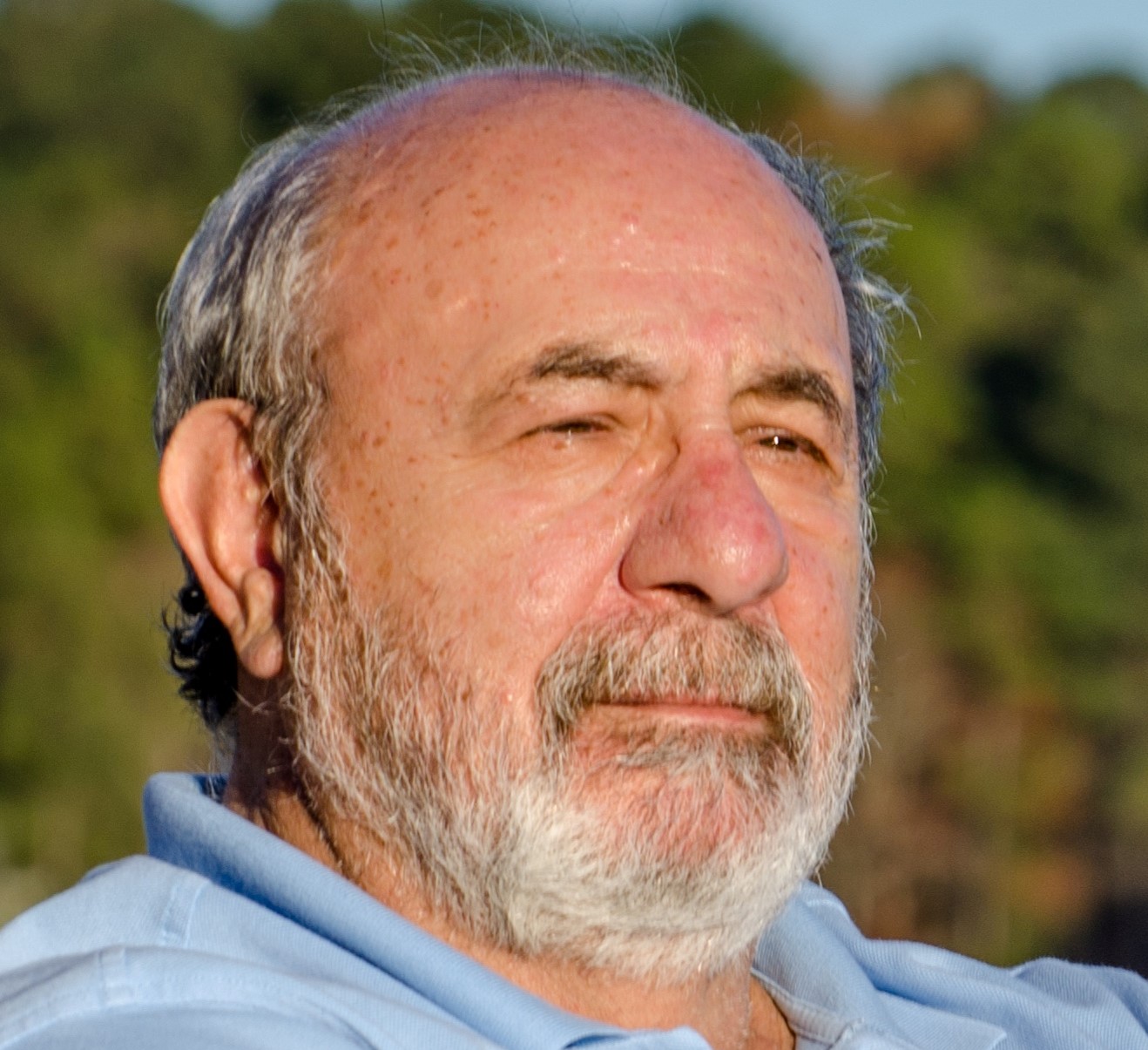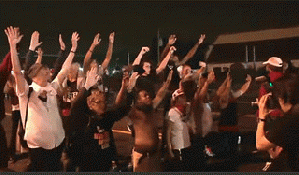Given the chasm in beliefs about the crisis in Ferguson, we need to specifically redefine human ontology, or our belief in what it means to be human. If we continue to accept the belief that the human self is a fixed and distinct entity ( blacks are", whites are") we limit the possibilities for an end to the conditions that we've seen demonstrated in Ferguson, MO in the past few days
If we see people as condemned to the social status within which they were thrown at birth we are accepting the belief that the world cannot be changed and racism and militarism, nationally and internationally, are intractable.
From this point of view, we limit our horizons for a better society. With these beliefs we see each other as objects and not subjects. We are stuck in a drift that tends toward helping each other get a better grasp of this reality and develop more of the same mechanisms that keep us stuck in our suffering. In other words, we are helping develop better action maps in a known territory, rather than exploring the full territory of being human.
On the contrary, an ontological fix means to see humans to have the potential for continual growth, change, and development. We need to see ourselves not as a fixed entities but rather capable of a fluid and dynamic process of becoming -- capable of generating and regenerating new possibilities. We need to see ourselves not as separate and distinct but connected to everything and everyone else.
We must respect and honor a person's historical and cultural foundations while recognizing their potential for using these attributes as a base line from which new possibilities can be created. We cannot start from a position of seeing others as broken or damaged but rather as fully functioning human beings caught in an historical explanation of human experience, a mood that limits them to the sameness that exists in their cultural presuppositions about life.
The effective ontological fix is the process of challenging the intellectual and emotional blindness that comes from unexplored assumptions about each other, how we know and learn and what it means to be each of us as human beings.
This means the ghetto inhabitant who lives in the deep despair that erupts into looting, burning and mayhem and the policeman who tries to survive while in the midst of life threatening circumstances.
When more of the same is not enough, the process of enlightenment must be mutual. That is to say that, no one can assume a position of superiority, ready to offer better strategies, showing others how to accomplish more, be more.
We can all be partners at the birth of new levels of consciousness starting with the reconnection of the individual to other human beings and our mutual capacity for critical reasoning. We can assist each other in the identification of the transparent presumptions and explanations that are inhibiting another's full experience of a more fulfilled life.
The ontological fix exposes the human discourses within which we all live. And in this process allows us to see that although it feels like we are thinking for ourselves, we are actually individual reflections of that discourse -- no less important in this continual dialogue, but existing as people of this discourse: To be clear, our discourses have us.
All one needs to do is read the comments from readers on any website or blog. Although I'm pretty sure these readers are convinced they are independent thinkers, they are individual expressions of the discourses within which they live.
None of us can stand aside of our cultural background and make accurate assessments of the others who don't share it. Our assessments, while valid for us, will almost always be wrong when seen through the eyes of those who don't share a common cultural context.
We should explore our society's archetypes embedded in our psyches that shape our individual beliefs. They don't belong to us. We're only borrowing them and we might want to trade them in to make a better society.
Robert DeFilippis






